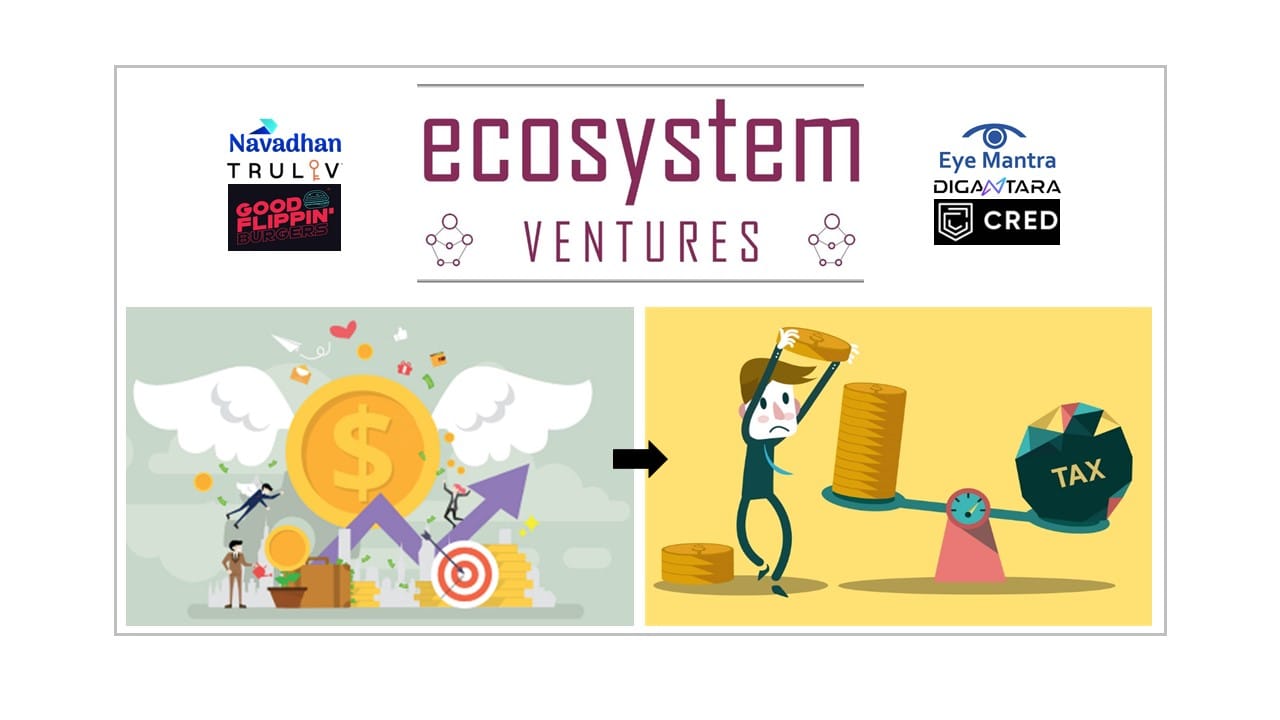Nothing angelic about the angel tax
The word angel, derived from the Greek angelos, means a spiritual being serving as a divine messenger and intermediary and often as a special protector of an individual or a community. In the startup world it is aptly used for investors at the ‘seed’ or early stage funding round, where investors are akin to special divine protectors, who are betting on the startup idea & team to generate massive returns in the future.
Armed with the angel investments, startups evolve and grow to raise larger rounds through the next set of larger investors. Few startups are exceptionally successful, some are decently successful, and a lot of them plateau or fail after sometime.
Since exceptional returns are possible in a short period of time, it is not unlikely that illicit sources of money may find startup investments as a lucrative way to legitimize their funds. Second, the government loves taxes and never misses an opportunity to deploy a new one.
Angel tax was first introduced in 2012, with the noble intention of curbing illicit gains and taxing the income generated on the returns made on startup investments. It was called angel tax as it applied primarily to Indian angel investors—HNIs and family offices who invested in startups. Despite the name, it was applied to startups and not the investor. The impact was restricted primarily to early-stage as most of the capital in later stages comes from foreign funds. Angel tax is based on the difference between the actual value of shares issued and their fair market value.
Unfortunately, good intentions do not necessarily lead to good outcomes. Since its inception, the rationale of angel tax was challenged by startups and investors, as a speed barrier to the nascent startup ecosystem in India, and few exceptions to it were hard bargained from the government.
Initially, angel tax was limited to investors who are ‘residents’ of india. Budget 2023 expanded it to include ‘non-resident’ foreign investors, despite many such investors being registered and regulated by their securities regulators. In May 2023, a belated amendment was introduced which excludes residents from certain geographies from the purview of the angel tax. Still countries with sizable investor and fund inflow, such as Singapore, Netherlands, Mauritius, and gulf countries have not been included in the list.
Misapplication of angel tax is the critical issue rather than creating post-facto piece-meal exceptions.
The provisions provide arbitrary and discretionary powers to the tax department. Tax officials can literally question any valuations by comparing them to actual performance. Deviations were taken as a sign of money laundering, thus attracting the section. This has disincentivized Investors to invest further as any capital would be used to clear the angel tax liability. Numerous startups have shut down due to this, with entrepreneurs choosing to set up in Singapore or the US instead of India. India has lost job creators due to misapplication of angel tax provisions.
It is understandable to tax the gains made on an investment. We have the short term and the long term capital gains tax. If a startup becomes successful, its profits are going to be taxed. Similarly, the investors who made gains on their startup investments can be taxed.
But taxing the private activity of raising capital between two consenting parties seems far fetched and counterproductive.
Let us hope better clarity emerges on this issue and startups and investors are saved from the bureaucratic misapplication of angel tax in future.
Startup Funding Summary
Digantara, Bengaluru-based space-tech startup, has raised $10 Mn in Series A1 funding from Peak XV Partners, Kalaari Capital, Global Brain, Campus Fund and other HNIs – Read More
Eye Mantra, Delhi-based eye care hospital chain, has raised $10 Mn in a funding from MantraCare – Read More
Good Flippin’ Burgers, Mumbai-based food & beverage startup, has raised $4 Mn in a funding from Tanglin Venture Partners – Read More
Navadhan Capital, Mumbai-based fintech startup, has raised $2 Mn in Seed funding from Varanium NexGen – Read More
Truliv, Chennai-based hospitality startup, has raised $2 Mn in Pre-Seed funding from Conquest Global Ventures VCC and Vara Future LLPs – Read More
M&A Snippets
Bengaluru-based fintech startup CRED has acquired Bengaluru-based micro-savings platform Spenny for an undisclosed amount – Read More


Comments are closed.